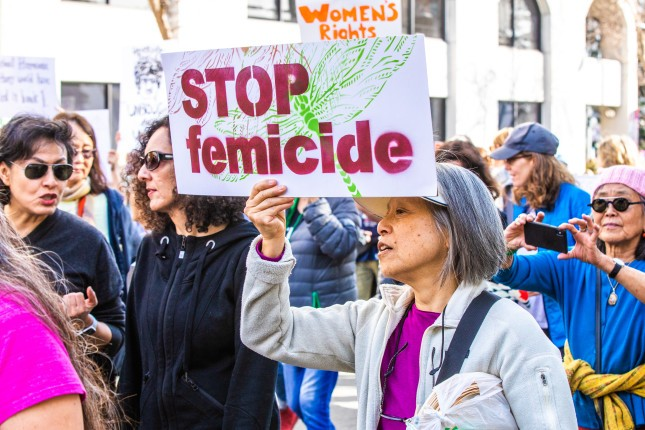Femicide, the gender-based killing of women, remains a significant issue in Russia, reflecting broader problems of domestic violence and gender inequality.
Although overall crime rates, including homicides, have decreased in recent years, femicide continues to claim many lives, with official data and independent studies highlighting the scale of the problem.
According to the World Population Review, Russia’s femicide rate stood at approximately 3.3 per 100,000 women in 2021, placing it among the higher rates globally, though lower than in some Latin American and African countries.
For comparison, the United States had a rate of 2.9 per 100,000 women in the same year.
Russia’s rate means that thousands of women are killed annually in gender-related violence. While exact numbers fluctuate due to reporting challenges, the issue remains a critical public safety and human rights concern.
Data from the Russian Ministry of Internal Affairs show that overall crime decreased by 1.8 per cent in 2024, including a nearly 10 per cent drop in murders and attempted murders. However, these figures do not specifically disaggregate femicide or domestic violence-related killings.
Domestic violence is a major driver of femicide in Russia.
A 2011 study by the Russian Federal Statistics Service and Ministry of Health found that 20 per cent of Russian women had experienced physical violence, but only a small fraction reported it to authorities; about 10 per cent of those who confided in someone about the abuse actually filed complaints with the police.
This underreporting is linked to societal stigma and a lack of trust in law enforcement, which some activists say dismiss domestic violence complaints.
The number of victims of family violence crimes was reported at around 32,500 in 2021, a figure that has remained stable in recent years.
Given that family violence and intimate partner violence are closely linked to femicide, these numbers underscore the ongoing risk women face.
Russia’s legal framework has faced criticism for insufficient protections against domestic violence and femicide.
In 2017, the decriminalisation of some forms of domestic violence sparked international condemnation and is believed to have contributed to the persistence of violence against women.
Victims often encounter barriers when seeking help. Reports indicate that police responses can be dismissive, with some officers reportedly telling victims to “come back after he’s killed you”. This culture of impunity and inadequate support services hampers prevention and intervention efforts.
Human rights organisations and activists continue to call for stronger laws, better enforcement, and increased awareness campaigns to combat femicide and domestic violence.
The Council of Europe and other international bodies have urged Russia to align its policies with European human rights standards, emphasizing the need for effective protection and justice for victims.




